By Will Thibeau
Former U.S. Army Infantry Officer with the 75th Ranger Regiment
This testimony was delivered on September 20, 2023 during a hearing of the Military Personnel Subcommittee of the House Armed Services Committee.
Chairman Banks, Ranking Member Kim, my fellow panelists, and the members of this Subcommittee.
The military must only consider factors of personnel, programs, and policy that genuinely better the Armed Forces’ ability to fight and win our nation’s wars. Merit must not be the first consideration, but the exclusive lens through which elected officials and military leaders make decisions.
Diversity exists in our social mores as something the military must embrace and promote as if the Armed Forces march to the beat of a corporate or university drum.
In reality, the existence of a professional, permanent military demands the institution exists apart from the ideologies and politics prevalent in modern-day America.
Diversity advocates will have you simultaneously believe a diverse military is the cornerstone of our national security, all the while minimizing any effect diversity considerations have in practical application for men and women in uniform.
A coin with these two sides does not exist; either the military’s efforts at diversity serve a critical national need, or they are so insignificant that they are not worth the politicized effect on the military.
Instead, the military must balance functional considerations, those capabilities required to fight and win our nation’s wars, with social considerations, or those political and ideological realities which define American life.
Gratefully, our society is not militarized, and most children do not grow up with the presumption of combat as their way of life, so we should not assume the values that undergird American society are necessarily the values that make the military an effective fighting force.
This means, however, the military must maintain a strict separation between values unrelated to the military profession and those values necessary to maintain competence.
Like a drop of ink in a glass of water, the hint of ideology outside the scope of the military profession is corrosive to the force’s effectiveness.
Historical examples from 18th century France to the Soviet Army of the late-Cold War reveal a slippery slope once factors outside the explicit context of military competence affect military decisions.
Increasingly, objective military professionalism is instead seen as one factor among many that allows leaders to “comprehensively” evaluate a person, system, or policy; this, of course, being a euphemism for considerations of race and sex.
This programmatic consideration of innate characteristics is toxic for military units, because it redefines the concept of merit-based standards.
When “diversity goals” exist for the Air Force Academy and West Point, standards become minimum expectations to meet before fully evaluating applicants.
Standards are no longer how the military selects and promotes the very best from society. This is a subtle, but fundamental, change.
The mere factor of political considerations outside military competence demands that human characteristics one does not choose become critical filters for military personnel decisions.
Considerations for diversity are but one mark of the blend of Samuel Huntington’s “military mind” with the hallmarks of a society built around contrary ideals. History tells us that this blend never ends well.
Senior military leaders and elected representatives often insist that, to receive inspiration and motivation, a soldier must see a leader who looks like him to strive for excellence.
There exist few more toxic narratives to military units small and large that depend on unit cohesion and teamwork for violence of action.
When we assume the military must reflect the demographics of the nation, we presume proportionalism into the experience of soldiers, sailors, airmen, and Marines.
Senior military officers, and the programs and institutions they lead, bake the imperative of racial and gender representation as an assumption into the lives of American service members. If such representation does not take place, service members can assume something is unjust.
By this logic, the reason “diversity” is supposedly a value central to military readiness is the same logic a black soldier can supposedly not receive inspiration from a white leader or officer.
This is not a dramatic reaction to modest equal opportunity efforts, but a simple carrying of DEI as military policy to its logical conclusion.
At stake is much more than the relative quality of military units. Instead, the integrity of our republic is in tension with a military that evaluates matters of politics and identity.
History is littered with examples of militaries whose consideration of political ideology precipitated a collapse in military professionalism, all of which served as a precursor to the collapse of their respective nations.
America should not wait to find out if we can outrun the drumbeat of such history.


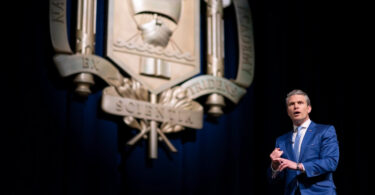
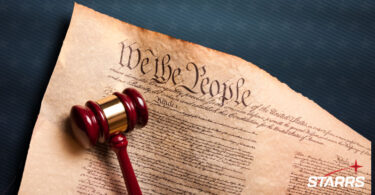
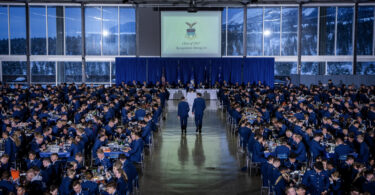
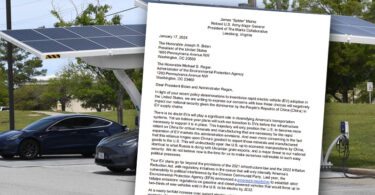

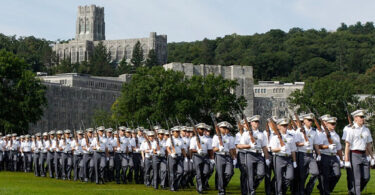
Leave a Comment